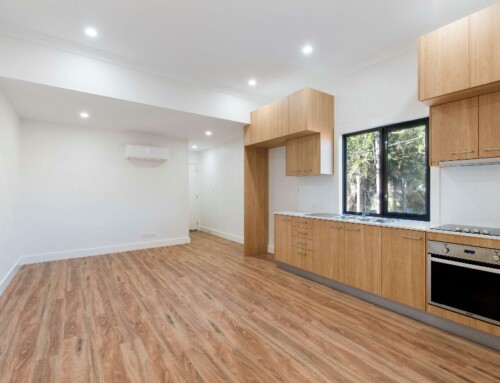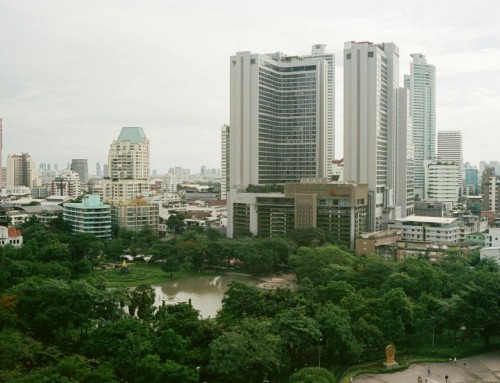Buying a UK property
Buying procedure
- DUE DILIGENCE
- Working out your finances before purchase
- Viewing and selection of properties
- Doing due diligence of selected properties
- Checking the title of the property
- Obtain a survey of the property
- Carrying out searches in the websites of local authorities
- Look for the recent selling prices of similar properties in the same area
- Check whether any planning permission is needed
- Check whether there are plans for new developments nearby (roads, new houses etc)
- Obtaining information about the seller/managing agent
- OBTAIN A WRITTEN AGREEMENT IN PRINCIPLE
If a property loan is required, an offer from the lender (written agreement in principle) will also be needed. - OFFER TO THE SELLER
After you are satisfied with the property, you must make an offer to the seller. You should demand that the property be taken off the market as soon as your offer has been accepted because the seller is legally entitled to accept a higher offer from another buyer up until the point where the signed contracts are exchanged. In return, you may be asked to give a deposit to the seller. - DRAWING UP THE CONTRACT
Once the seller accepts the buyer’s offer to purchase the property, the seller (through his lawyer) is responsible for drawing up a contract to transfer ownership. All the terms of the contract has to be agreed by both the buyer and seller, so the process of drafting the contract will vary from every case, depending on the time the buyer and seller take to respond to their respective lawyers. This could take between 7 to 28 days. - EXCHANGE OF CONTRACTS
Once all the terms in the contract have been agreed upon, both the seller and buyer sign separate but identical contracts and the lawyers exchange the contracts. The buyers pay a non-refundable deposit of 10% (or lower) during the exchange of contracts.
(IMPORTANT NOTE: WITHOUT EXCHANGE OF CONTRACTS, THE BUYER’S OFFER IS NOT LEGALLY BINDING) - COMPLETION
Completion can take place immediately or within 7 to 28 days. During this period, your lawyer will check with the local authority for planning constraints and permissions, road expansions or any other issues with your property. This check usually takes about 1 to 2 weeks and can take up to 6 weeks. Your lawyer will also check with the Land Registry for title plan and title register for legal ownership as well as for flood risks.
During completion, the balance is paid, together with the lawyer fees. The title is transferred to the buyer. If you buy property for more than £125,000, you pay Stamp Duty Land Tax (SDLT) of between 0% and 12% on the whole purchase price.
Selling procedure
- PRELIMINARY ISSUES
- Energy Performance Certificates (EPC)
Sellers of properties must provide an Energy Performance Certificate (EPC) for the property free of charge to potential buyers. An EPC is needed for properties that are sold, built or tenanted and contains information about a property’s energy use, typical energy costs and recommendations to reduce energy use. Ratings range from A (most efficient) to G (Least efficient) and EPCs are valid for 10 years. EPCs are exempted for the following:- places of worship
- temporary buildings that will be used for less than 2 years
- stand-alone buildings with total useful floor space of less than 50 square metres
- industrial sites, workshops and non-residential agricultural buildings that have low energy consumption
- some buildings that are due to be demolished
- holiday accommodation that is rented out for less than 4 months a year or is let under a licence to occupy
- listed buildings
- residential buildings intended to be used less than 4 months a year
- Engagement of agent
If you engage an agent to sell your property, the agent fees varies from 0.75% to 3.5% of the agreed selling price. For sole agency, the typical fee is between 1.5% and 1.8% exclusive of VAT. VAT is currently 20% of the agent fees. The agent is required to tell you what is included in their commission. Normally, no upfront fees are payable, unless you authorize the agent to get an EPC on your behalf. There should also not be any withdrawal fees involved. Do note that your agent is legally obliged to pass on any other offers for the property to you right up to when contracts are exchanged.
- Energy Performance Certificates (EPC)
- ACCEPTANCE OF BUYER’S OFFER
If you are satisfied with the buyer’s offered price for your property, you have to inform the buyer that his offer is accepted. - DRAWING UP THE CONTRACT
Once the offer is accepted, a contract will have to be drafted by your lawyer. All the terms of the contract has to be agreed by both the buyer and seller, so the process of drafting the contract will vary from every case, depending on the time the buyer and seller take to respond to their respective lawyers. This could take between 7 to 28 days. - EXCHANGE OF CONTRACTS
Both the sellers and buyers sign a separate but identical contract and the lawyers exchange the contracts. The buyers pay a deposit of 10% (or lower) during the exchange of contracts.
(IMPORTANT NOTE: WITHOUT EXCHANGE OF CONTRACTS, THE BUYER’S OFFER IS NOT LEGALLY BINDING) - COMPLETION
Completion can take place immediately or within 7 to 28 days. During completion, the balance is paid, together with the lawyer fees. The title is transferred to the buyer.
Taxes
- BUYING
- If you buy property for more than £125,000, you pay Stamp Duty Land Tax (SDLT) of between 0% and 12% on the total purchase price as shown below:
Purchase price of property Rate of SDLT (percentage of total purchase price) £0 – £125,000 0% £125,001 – £250,000 2% £250,001 – £925,000 5% £925,001 – £1.5 million 10% Over £1.5 million 12%
- If you buy property for more than £125,000, you pay Stamp Duty Land Tax (SDLT) of between 0% and 12% on the total purchase price as shown below:
- HOLDING
- Income taxes
- Income taxes are payable on rental income received from properties. The managing agent will normally withhold the taxes to be paid and you can claim various expenses to reduce your assessable income. Personal allowance for 6th April 2014 to 5th April 2014 is £10,000.
- The current tax rate for income tax from 6th April 2014 to 5th April 2015 is as follows:
Taxable income above personal allowance Tax rate (%) £0 to £31,865 20 £31,866 to £150,000 40 Over £150,000 45
- Inheritance tax is payable on assets in excess of £325,000 at a rate of 40%.
- Income taxes
- SELLING
- Capital gains tax is not applicable to foreign buyers but there are exceptions.






